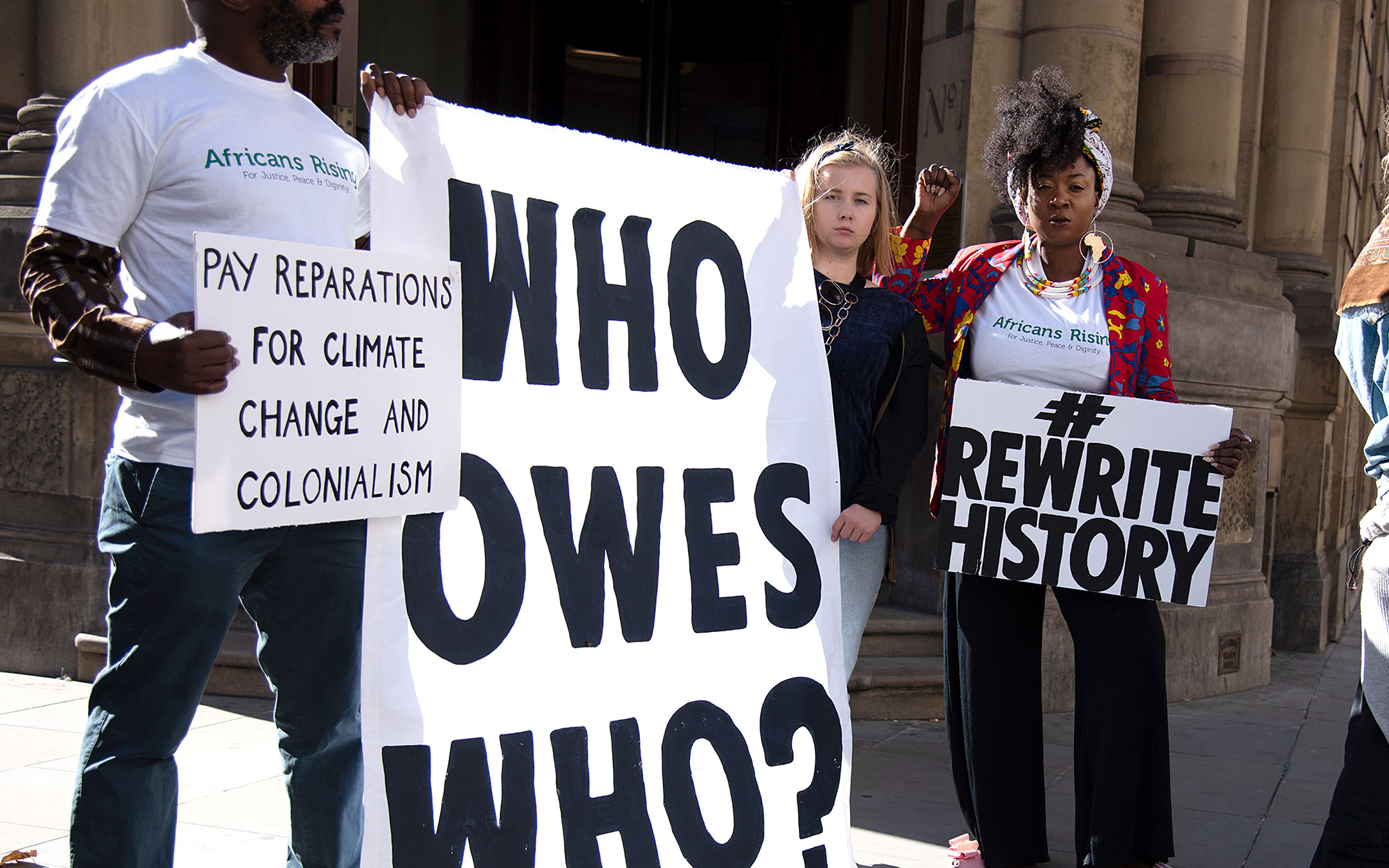
Collective Remembrance and Detroiters' Views Toward Racial Inequity
In 2019, the median White household in the U.S. had about eight times the wealth of the median Black household – $184,000 compared to $23,000, respectively. Economists have highlighted that these disparities are far from new and deeply rooted in slavery and discriminatory policies. Specifically, “[l]arge racial disparities in wealth holding began to decline after slavery ended. The decline slowed in the segregation era, accelerated in the civil rights era, and has reversed since the 1980s.” While wealth refers to the amount a household owns, minus what they owe, the racial gap in household income is also quite substantial: the median Black household had an annual income of about $46,000 in 2020, compared to $75,000 for White households. The magnitude and persistence of these differences in earnings and wealth highlights the enduring consequences of America’s racially stratified society.
The lasting impacts of Black enslavement and discriminatory practices have led to calls for reparative policies. Last year, the Detroit City Council, like a handful of state and local governments across the country, created a reparations task force to help determine how to address the legacy of systemic racism. At the same time that there has been growing momentum to implement reparative policies, there has also been a rise in legislative bans on teaching the history of U.S. racism (including books and concepts like critical race theory). Both of these issues have sparked national debates about how to think about, teach, and resolve historical and contemporary injustices. Experts emphasize that how the public collectively remembers and understands its history shapes what it imagines as appropriate for redress. Perceptions of the history of Black oppression and ongoing inequalities are therefore critical to explore, including how these beliefs relate to support for policies that address racial inequity, like reparations. This report explores this relationship.
Although most Detroiters support reparations and view policies that address racial inequity as a high priority, there is significant variation in their level of support for reparations based on their perceptions of racial inequity. These findings underscore the stakes of current debates about how U.S. history is presented and understood.

Key findings
- A majority of Detroit residents support some form of reparations (63%) and more than two-thirds of Detroiters (70%) say addressing racial inequality should be a high policy priority for elected officials.
- Detroiters who believe the average Black person is worse off than the average White person in terms of income, wealth, and overall financial situation are more likely to support reparations (71%) and say policies that address racial inequality should be a high priority (75%) compared to Detroiters who do not hold this belief.
- There is a strong link between awareness of racial inequality and support for reparative policies. Detroiters who agree that the legacy of slavery and discrimination continues to affect Black Americans today are more likely to support reparations (73%) compared to those who disagree with this statement (30%).
- Opposition to reparations is not necessarily the same as opposition to addressing racial inequality. Thirteen percent of Detroiters oppose reparations, yet 41% of those who oppose reparations still say addressing racial inequality should be a high policy priority for elected officials.
